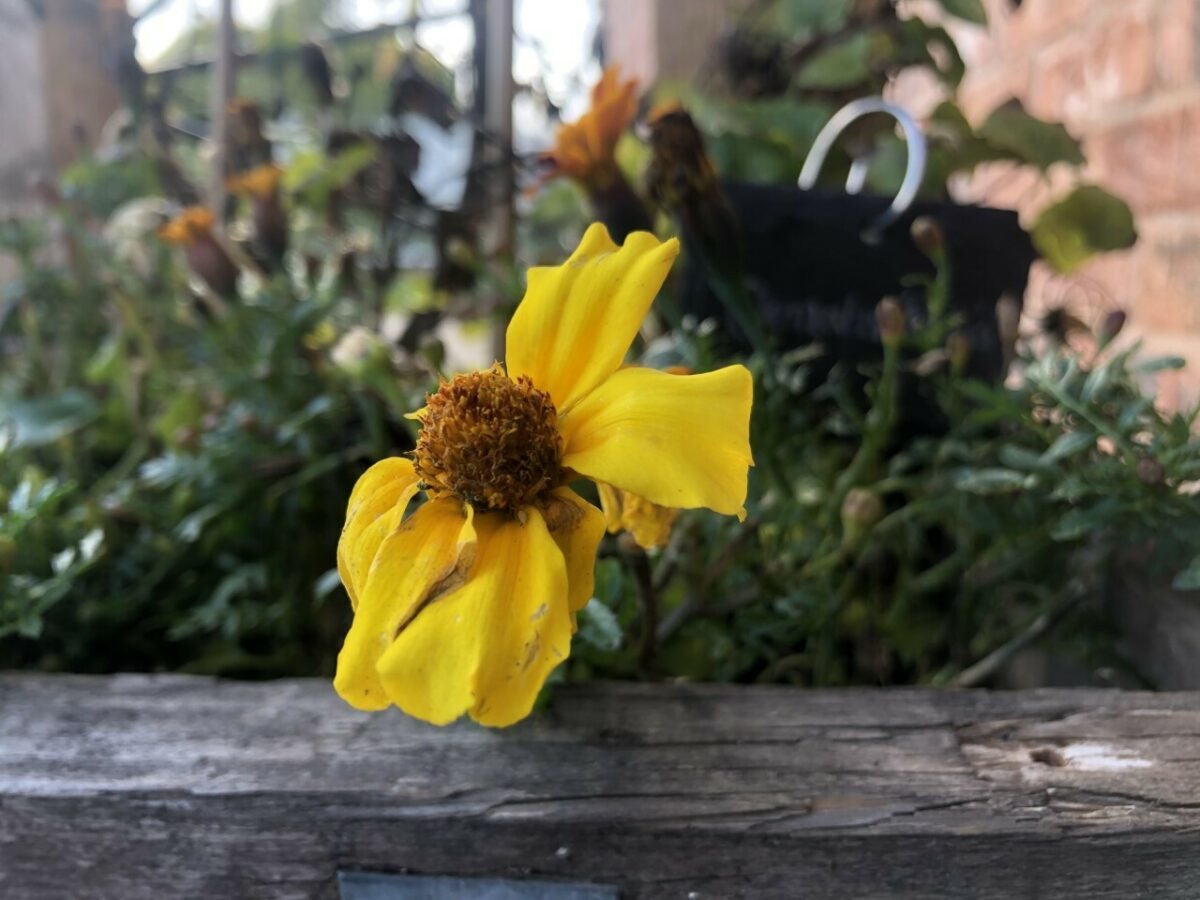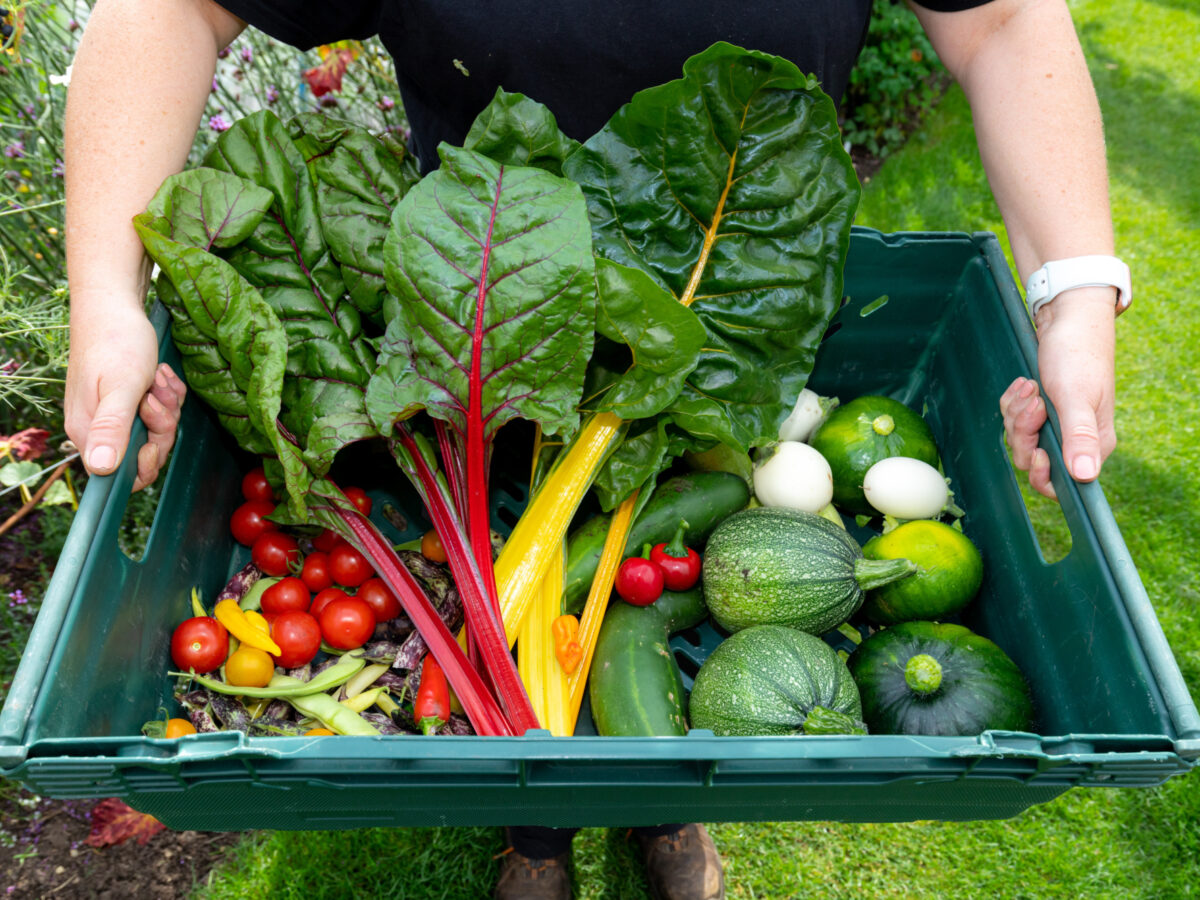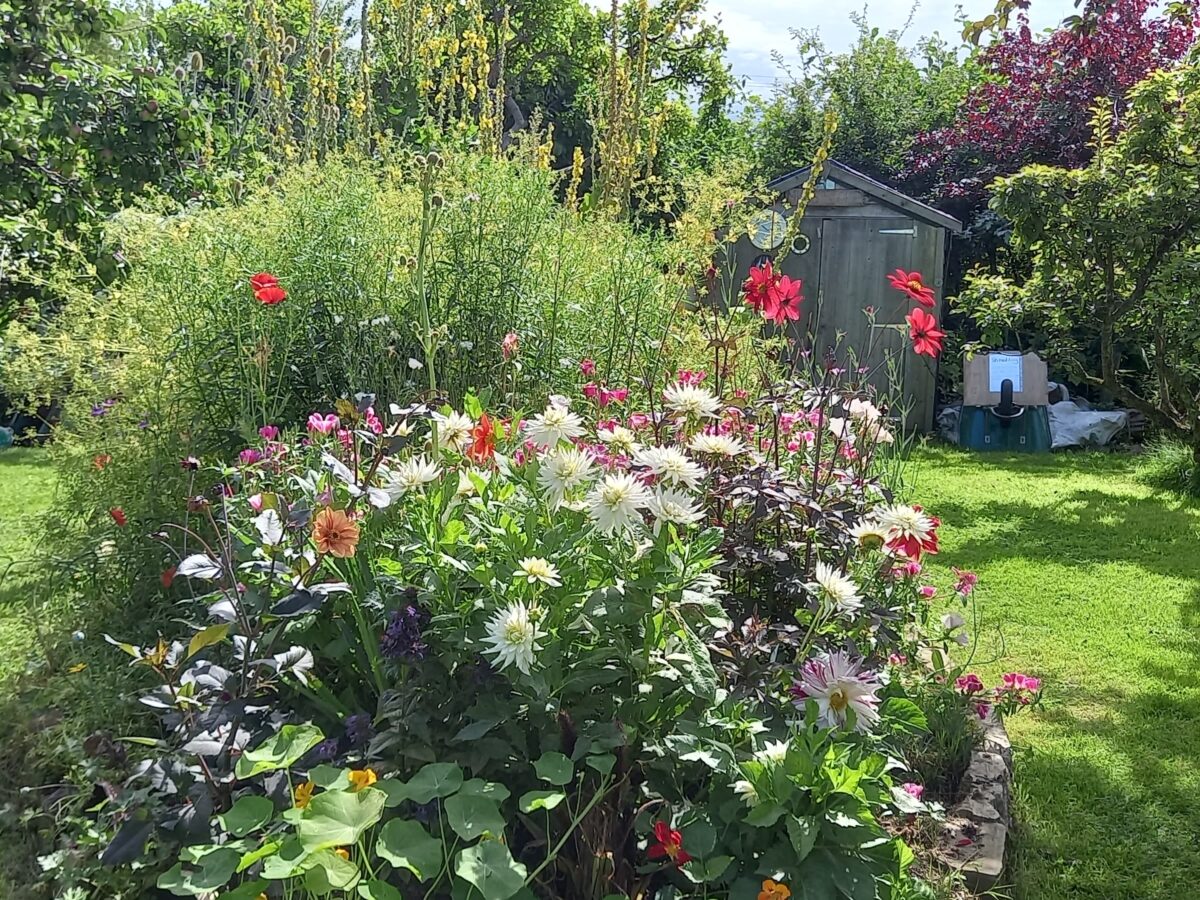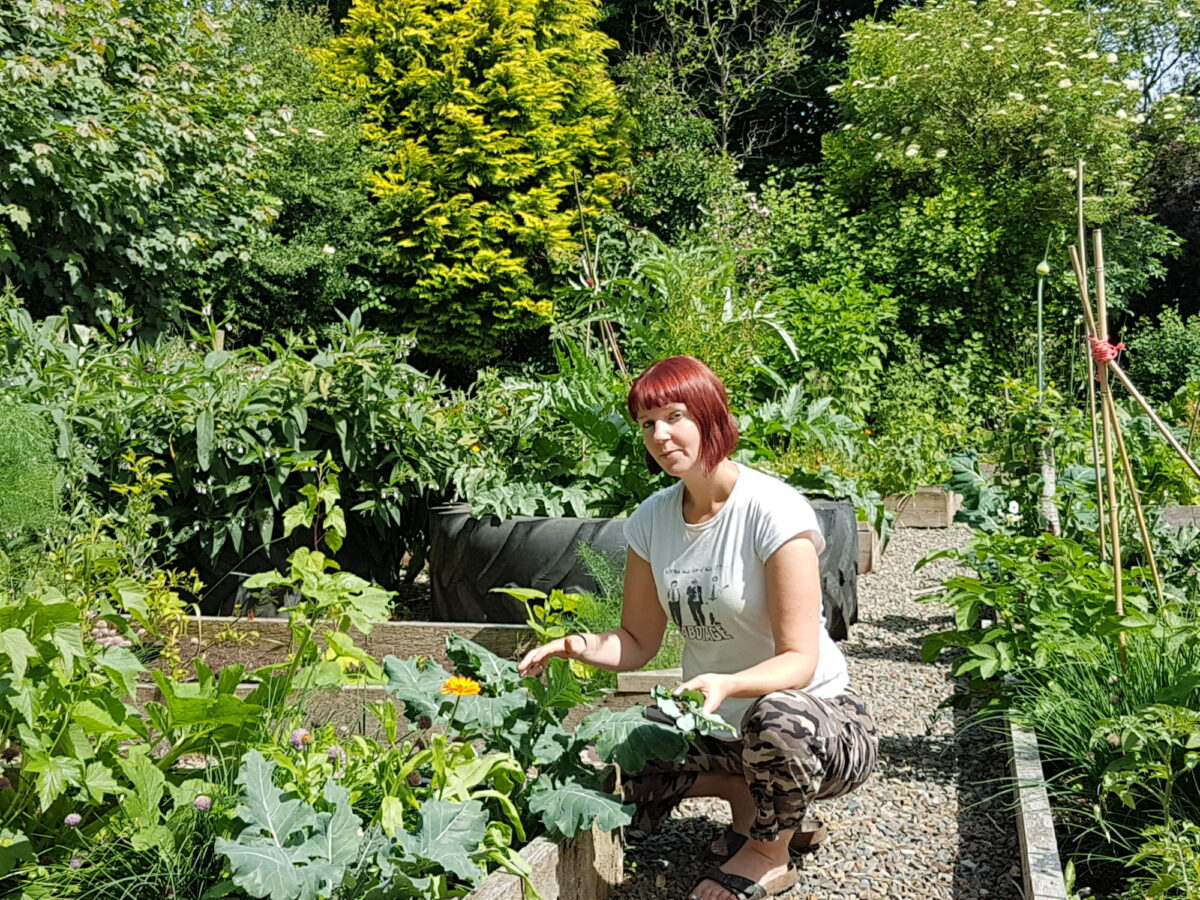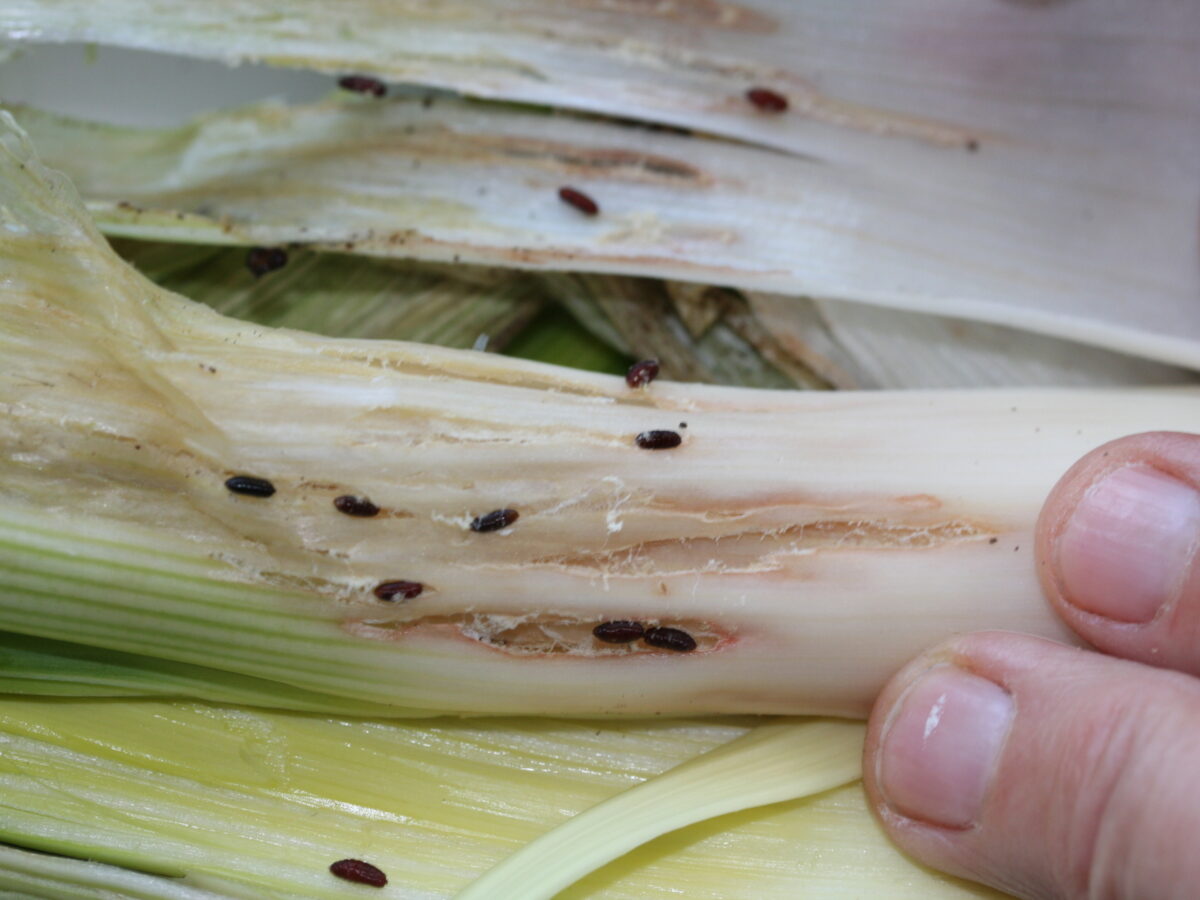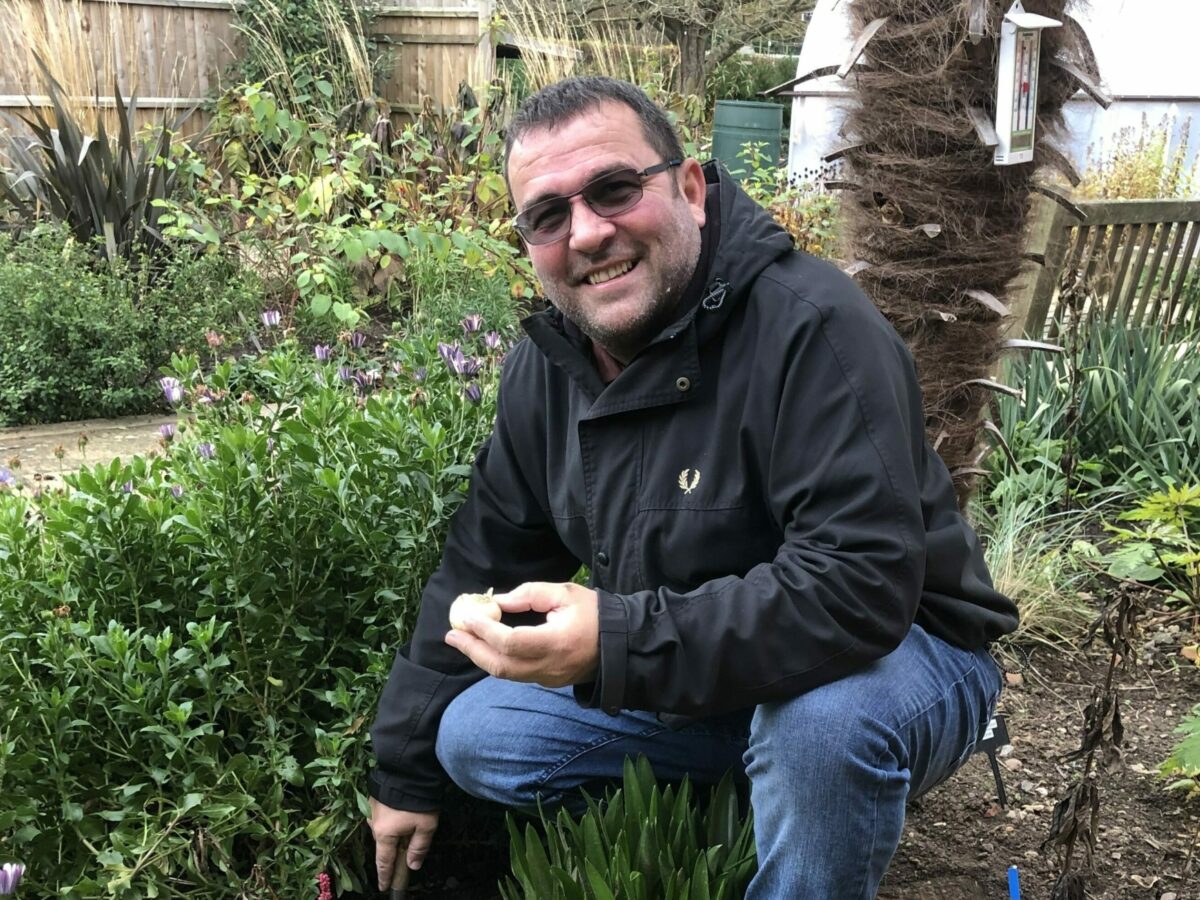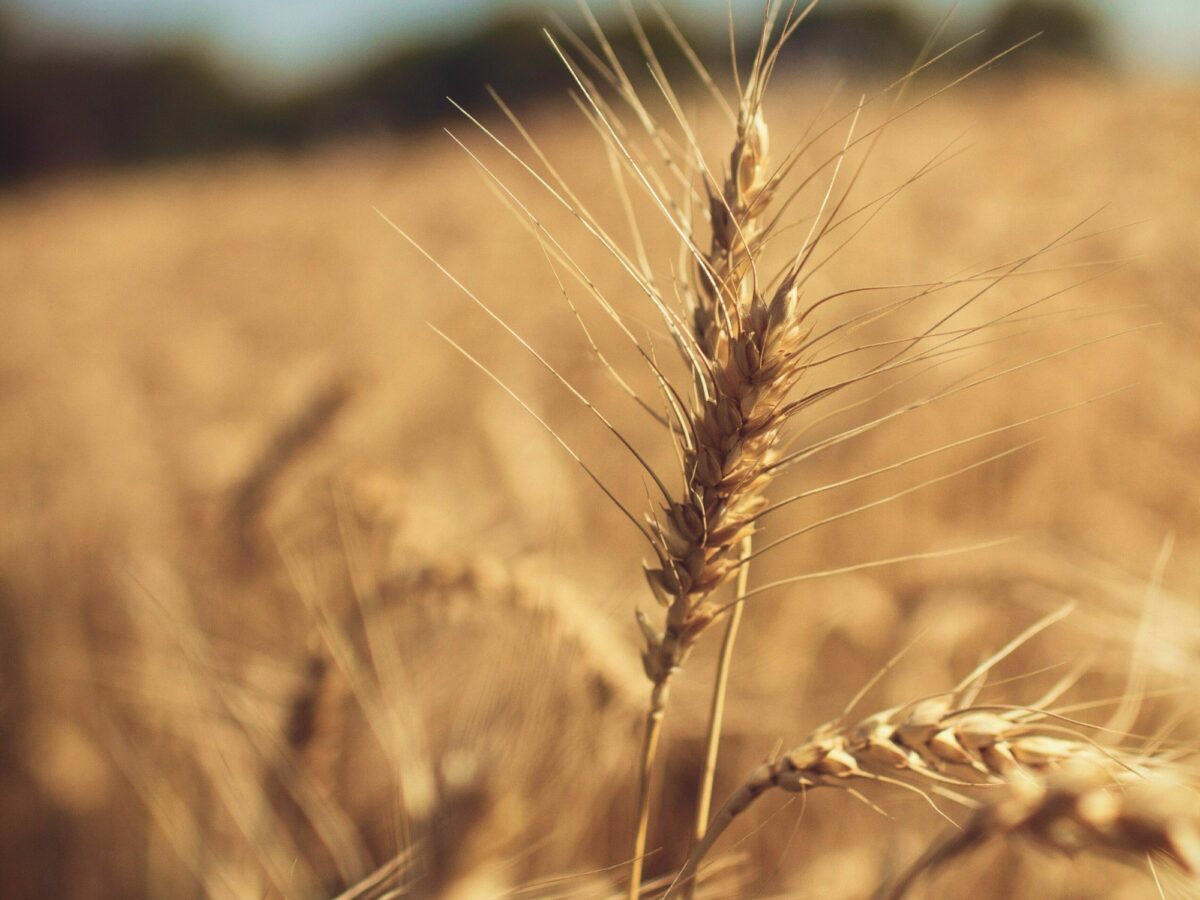
Last chance to support organic farming
The Government's new Agricultural Bill is currently being discussed in Parliament. This is our last chance to ensure that organic farming is represented. As the draft Bill stands, there is no mention of the importance of organic techniques, nor of financial support for organic farmers.

